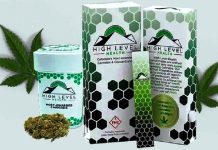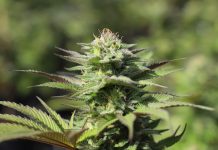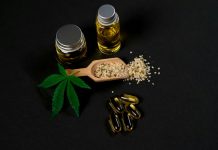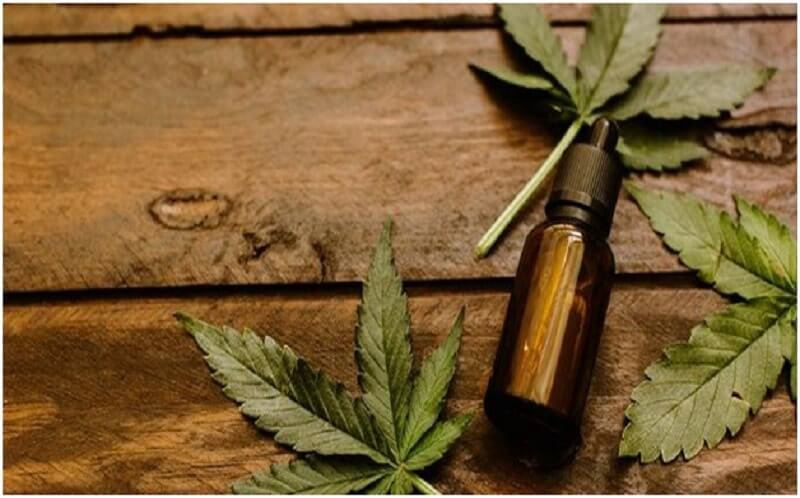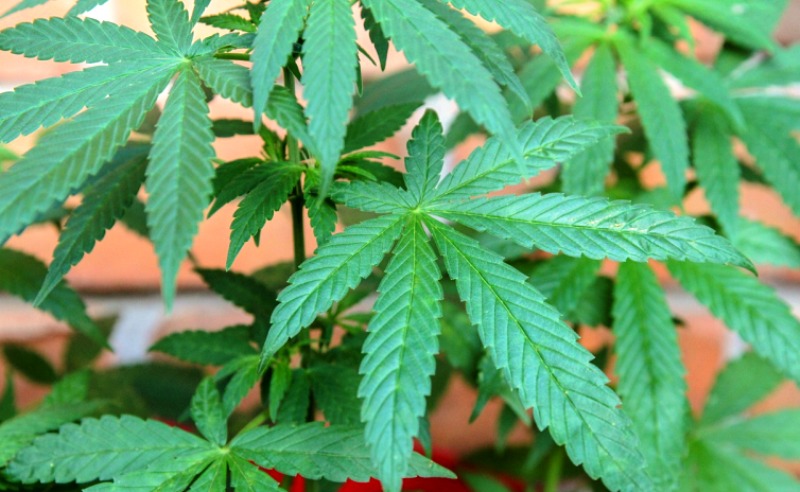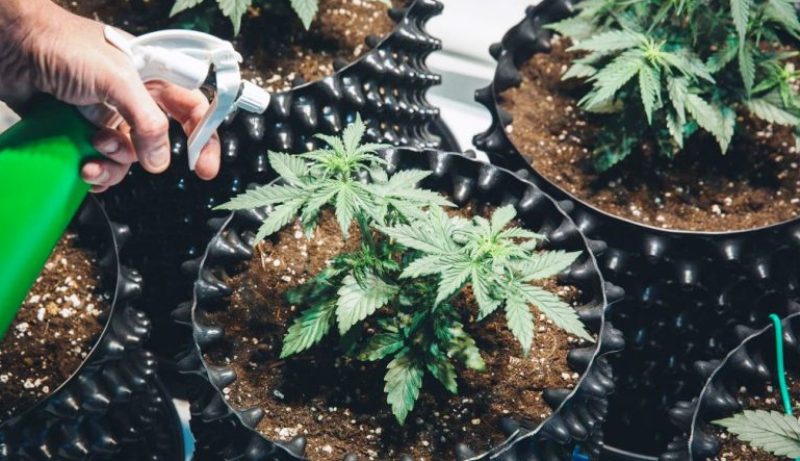Embark on a culinary journalistic exploration of CBD oil for Cooking. Uncover creative recipes, culinary trends, and expert insights on infusing CBD into your kitchen.
Cannabidiol, or CBD, has recently made its way into homes as an adaptable component for culinary experiments, expanding its use beyond its conventional medical context. This article seeks to examine the numerous applications of CBD in the kitchen from the perspective of a healthcare provider who values holistic health. We will explore the science, implications, and fascinating world of CBD oil for cooking, from its possible health advantages to its creative kitchen applications.
Getting to Know CBD for the Kitchen
CBD is one of many cannabinoids contained in cannabis; unlike THC, it does not produce intoxicating effects. On the contrary, cannabidiol (CBD) is lauded for its medicinal uses, including its anti-inflammatory and sedative effects. Cannabidiol (CBD) oil is the most common form of CBD used in cooking, and it works wonderfully in many different dishes.
The Flavorful Basis of CBD-Infused Oils
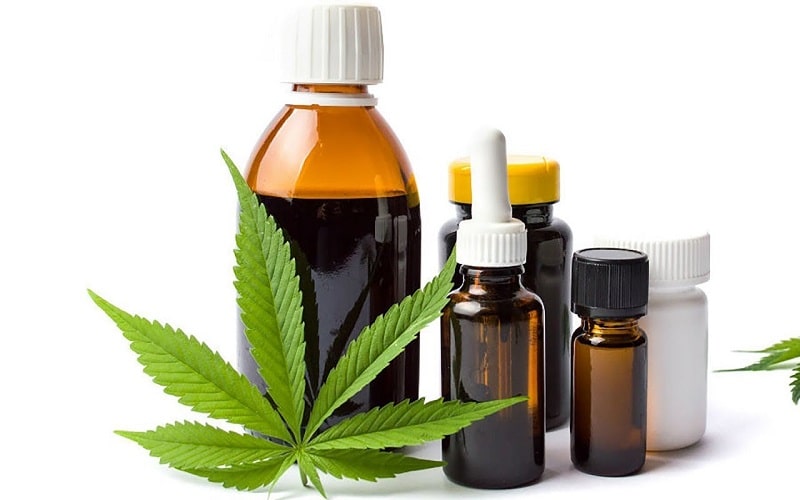
An easy way to add CBD to your cooking is with oils that have been infused with the compound. In addition to adding a distinct flavour profile to food, these oils may provide health benefits associated with cannabidiol (CBD). To achieve a well-balanced combination while cooking with CBD oil, it’s important to think about the oil’s concentration and the dish’s flavour profile.
Embrace the Joy of Baking: CBD-Enhanced Sweets
CBD has discovered its niche in the baking industry. One creative approach to enjoying the possible health advantages of CBD while indulging in tasty goodies is to add CBD oil or butter infused with CBD to cookie or brownie recipes. Finding the sweet spot between flavour and the intended benefits when baking with CBD necessitates precise dosing.
Unexpected Flavors: Cannabidiol in Main Dishes
The adaptability of CBD goes beyond only sweets; it adds a whole new level of flavour to savoury dishes as well. You can enhance the flavour profile and maybe even induce relaxation by adding CBD to sauces, marinades, or dressings. But remember that CBD is temperature sensitive; leaving it in a hot environment for long periods might reduce its efficacy.
CBD-Enhanced Beverages: A Soothing Drink
Cannabidiol (CBD)-infused drinks, such as relaxing teas and revitalising cocktails, are all the rage recently. One pleasant way to unwind and maybe reap the benefits of CBD oil’s calming effects is to add it to a drink. People can customise their CBD-infused beverages to their liking by playing around with various ratios.
Finding the Perfect Dose: Important Things to Keep in Mind
It is of the utmost importance to determine the correct dosage when adding CBD to food recipes. Body weight, metabolism, and tolerance are some of the variables that influence how CBD affects people. A personalised experience can be achieved by starting with a lower dosage and progressively adjusting it, all while minimising the risk of overconsumption.
Maintaining the Accuracy of Nutrition
A holistic approach to eating is supported by CBD-infused cooking, which adds a medicinal element while maintaining the purity of ingredients. You can add CBD oil to dishes without worrying about the dish’s nutritional content decreasing, unlike with some processed components. Because of this, CBD is a great option for people who want to add flavour to their food without compromising on healthy options.
Achieving Optimal Relaxation for Stress Reduction
The role of CBD in cooking is affected by its ability to produce relaxation and reduce stress. Adding cannabidiol (CBD) to food presents a novel chance to merge the joy of eating with possible medicinal benefits. Incorporating CBD into soothing beverages like tea or soup elevates the eating experience with its capacity to alleviate stress.
Indulging the Taste Buds: CBD in the Kitchen
CBD-infused food inspires experimentation. You may enhance your dining experience by learning about terpenes, exploring different CBD strains, and pairing CBD with appropriate flavours. This kitchen instruction using CBD is part of a bigger culinary trend towards a more sophisticated understanding of items and how they might improve diet.
Taking into Account Personal Choices and Food Restriction
CBD should be added to food with consideration for those with dietary restrictions. CBD is generally safe, but the carrier oils used to enclose it can be hazardous. People with allergies or vegan preferences should choose CBD products that meet their nutritional demands.
A Comprehensive Strategy for Working with Chefs
Medical and food scientists must collaborate to maximise the cooking benefits of cannabidiol (CBD). By working together, we can ensure that people get accurate CBD information while eating tasty, healthy cuisine. It fosters total well-being by acknowledging the link between physical health and culinary satisfaction.
Conclusion
To sum up, incorporating CBD into food preparation is a tantalising adventure into the meeting point of culinary creativity and holistic health. For individuals in search of an unusual and maybe therapeutic eating experience, the adaptability of CBD in the kitchen opens up a universe of possibilities, from savoury to sweet treats. A more nuanced understanding of the possible benefits and pleasures of this innovative ingredient is possible thanks to the cooperation between healthcare providers, culinary experts, and individuals interested in cooking with CBD. This is especially important as the culinary scene is constantly changing.






